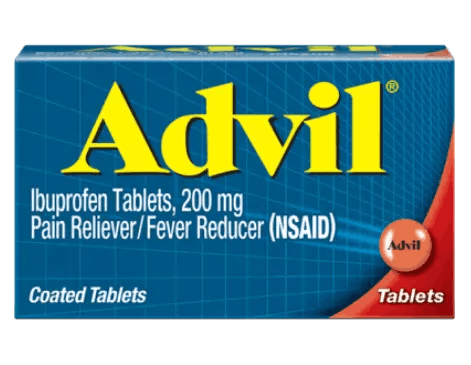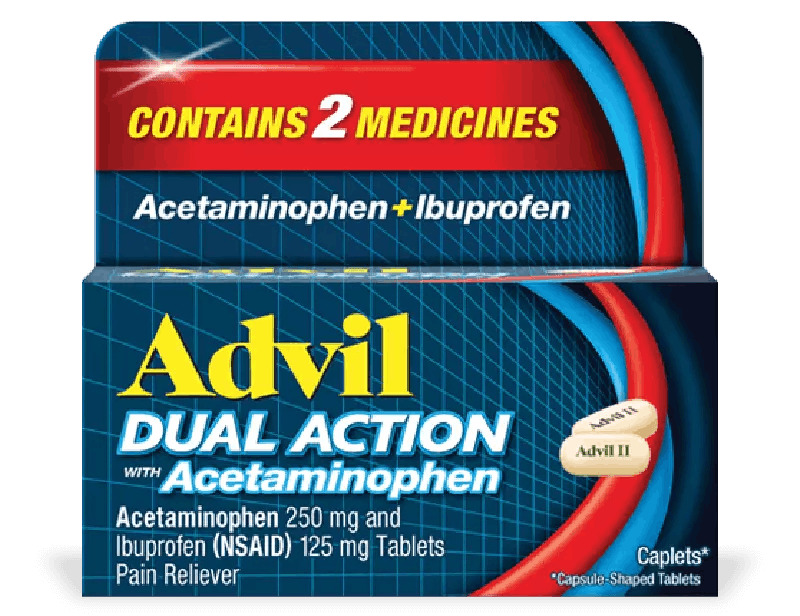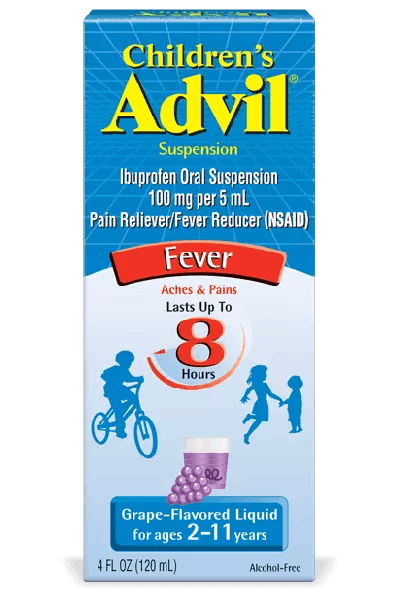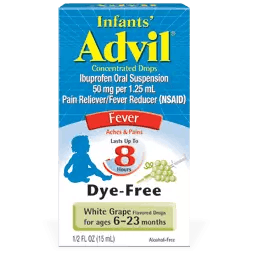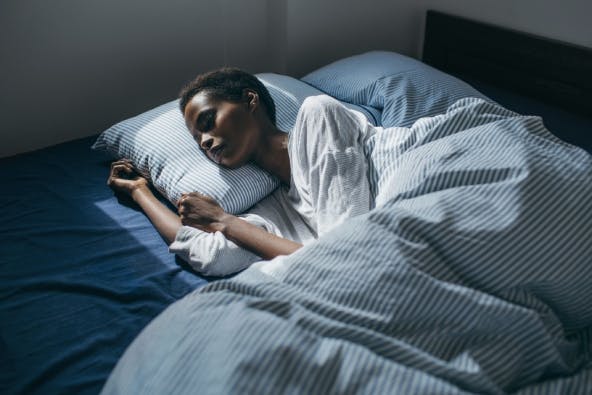Sleep and the Immune System
The benefits of a good night’s sleep are many—diabetesi and heart disease prevention,ii weight loss,iii increased fertility,iv sex drivev and mental wellbeing.vi But not sleeping well can have the opposite effect, including a negative impact on your immune system.
The scientific explanation behind the relationship between sleep and the immune system comes down to proteins. While you’re asleep, your immune system releases a type of proteins called cytokines. An increase in specific cytokines is necessary to fight infection, inflammation and protect your body from the effects of stress.vii If you’re not getting enough sleep or consistently getting poor quality sleep, your immune system’s protective cytokine production may decrease. During these periods of sleep deprivation, your body also reduces its production of infection-fighting antibodies and cells,viii which are not only necessary for a strong immune system but help ward off obesity, diabetes and cardiovascular disease.ix
People who are not getting enough sleep—or enough quality sleep—are more susceptible to illness after being exposed to viruses like the common cold. After infection, they also tend to experience longer recovery times.x Not only is sleep essential to combat sickness and infection, but a lack of sleep can also decrease productivityxi and negatively impact a person’s ability to perform at school or in the workplacexii.
When it comes to sleep and the immune system, a poor night’s sleep here and there might just make you feel a little groggier and grumpier than usual the next day.xiii However, consistent poor sleep health can have adverse effects in the long term. It can affect your immune system as well as your overall health and susceptibility to medical conditions including obesity, diabetes, high blood pressure and heart disease.xiv
In conclusion, sleep and immunity are closely linked. Getting a good night’s sleep consistently is important both for boosting your immune system and for supporting essential endocrine, metabolic and neurological functions.xv Whether you’re struggling to get a full night’s rest because of pain, jetlag or a restless partner, be sure to take the necessary steps to make sure you’re getting your recommended seven to eight hours per night. For more information on sleep and pain, visit the Advil PM Tips & Resources page.
SOURCES
By clicking any of the links below you will be taken to an external website that is independently operated and not managed by GSK. GSK assumes no responsibility for the content on the website. If you do not wish to leave this website, do not click on the links below.
i. - vi., xiii. - xiv. Why lack of sleep is bad for your health. National Health Service. https://www.nhs.uk/live-well/sleep-and-tiredness/why-lack-of-sleep-is-bad-for-your-health/. Accessed 04/16/20. Referenced text is highlighted on page 1 and page 2 in source PDF.
vii. - x. Lack of sleep: Can it make you sick? Mayo Clinic. https://www.mayoclinic.org/diseases-conditions/insomnia/expert-answers/lack-of-sleep/faq-20057757. Accessed 04/16/20. Referenced text is highlighted on page 1 in source PDF.
xi. - xii., xv. Sleep Health. Office of Disease Prevention and Health Promotion. https://www.healthypeople.gov/2020/topics-objectives/topic/sleep-health. Accessed 04/16/20. Referenced text is highlighted on page 1 in source PDF.
By clicking the link(s) above, you will be taken to an external website that is independently operated and not managed by Haleon. Haleon assumes no responsibility for the content on the website. If you do not wish to leave this website, do not click on the links above.
